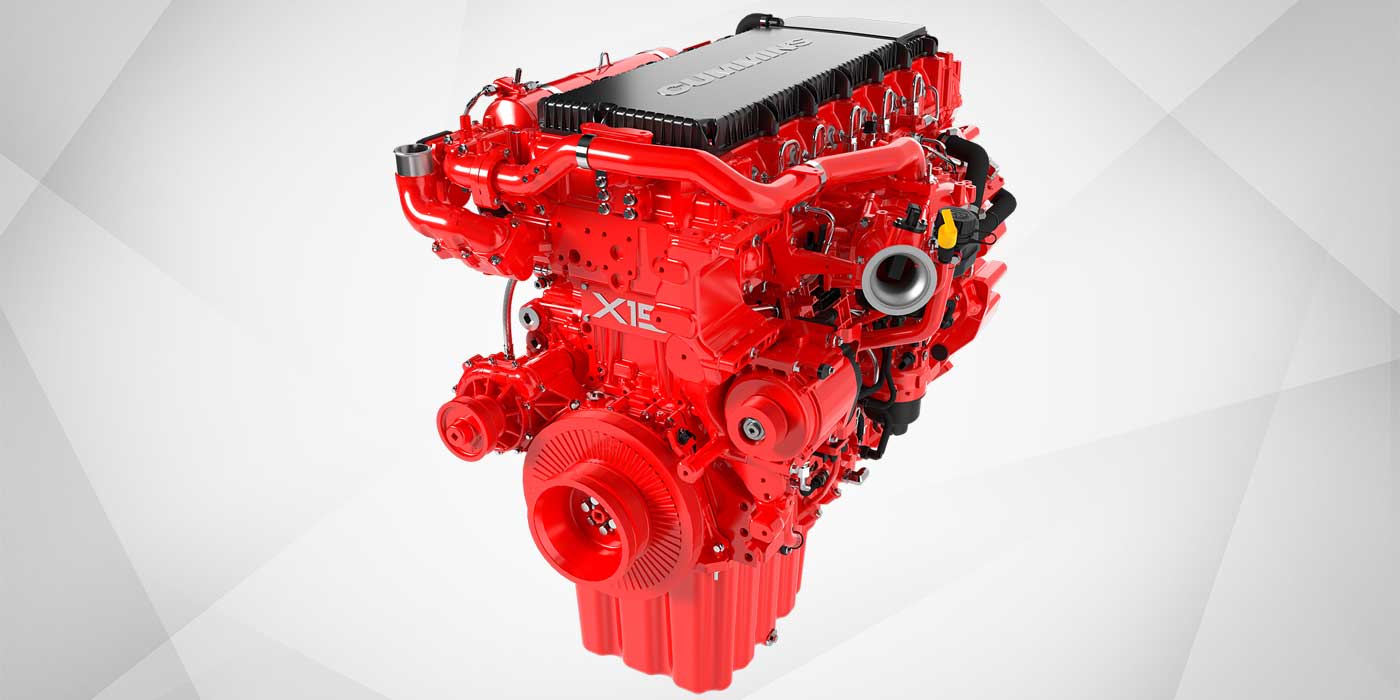Explore a Large Range of Engines for Every Lorry and Function
The automotive landscape is increasingly complex, with a diverse range of engine kinds made to fulfill certain performance and effectiveness needs throughout various car categories. In addition, sturdy engines serve the needs of job vehicles, while green options are getting traction in the pursuit of lasting transportation.
Kinds Of Automotive Engines
Automotive engines can be categorized into numerous distinct types, each developed to satisfy specific performance and efficiency needs. One of the most common classifications include interior burning engines, electric engines, and hybrid systems.

Electric engines, on the other hand, operate electric power saved in batteries, giving instant torque and no emissions. These engines are becoming significantly popular as a result of innovations in battery innovation and the expanding focus on sustainability.
Crossbreed systems combine both interior burning and electrical engines, allowing automobiles to optimize fuel efficiency and decrease discharges by flawlessly changing between power resources. Each engine type presents its advantages and negative aspects, influencing factors such as automobile layout, meant usage, and market demand. When choosing the proper engine for their particular requirements., recognizing these differences is critical for producers and consumers alike.
Performance Engines for Sports Cars
Performance engines for cars are specifically crafted to deliver boosted power, speed, and agility, establishing them apart from common vehicle engines. These engines typically utilize innovative modern technologies such as turbocharging, turbo charging, and variable valve timing to maximize effectiveness and responsiveness.
Normally, performance engines are developed with higher compression ratios, which permit for higher power extraction from fuel. This causes excellent horsepower and torque figures, making it possible for rapid velocity and higher full throttle. The light-weight materials made use of in these engines, such as light weight aluminum and carbon fiber, contribute to reduced total automobile weight, improving handling and maneuverability.
Engine arrangements like V6, V8, and even hybrid systems prevail in efficiency cars, each offering distinct benefits in regards to power delivery and driving dynamics. The tuning of these engines is also important; lots of suppliers enhance the engine administration systems to supply an exciting driving experience, frequently including sporting activity settings that adjust throttle feedback and equipment shifts.
Effective Engines for Daily Commuters
In the world of daily commuting, effective engines play a vital function in maximizing gas economic climate and lessening emissions while offering reputable efficiency. As city populations expand and ecological concerns magnify, the need for vehicles furnished with effective powertrains has risen.
Modern engines made for daily commuters commonly incorporate technologies such as turbocharging, direct fuel shot, and crossbreed systems. Turbocharging improves engine performance by requiring even more air right into the burning chamber, enabling for smaller sized, lighter engines that do not compromise power result. Straight fuel injection improves fuel atomization, resulting in better combustion and enhanced efficiency.
Hybrid engines, incorporating internal combustion with electric power, more enhance fuel economy, particularly in stop-and-go website traffic, where traditional engines can deal with ineffectiveness. Electric motors help during velocity and can operate separately at reduced rates, decreasing total fuel consumption.
Furthermore, developments in engine management systems and lightweight products add considerably to efficient engine style. By concentrating on efficiency, read here longevity, and ecological sustainability, makers proceed to provide engines that not only satisfy the demands of daily commuting however additionally align with worldwide initiatives to decrease carbon impacts.
Heavy-Duty Engines for Work Vehicles
Heavy-duty engines for job cars are consistently crafted to deliver remarkable torque and integrity under demanding conditions. These engines are created to do in environments where typical engines may fail, such as building and construction sites, logging procedures, and agricultural settings. The key focus of durable engines is their ability to produce high degrees of power while maintaining resilience over expanded periods of operation.
Typically, sturdy engines make use of sophisticated materials and robust construction strategies to hold up against the rigors of heavy work. Attributes such as reinforced cyndrical tube blocks, improved cooling systems, and advanced gas shot technologies contribute to their effectiveness. These engines typically run at reduced RPMs, which aids to optimize fuel efficiency while giving the necessary power for hauling and hauling.
Along with mechanical robustness, sturdy engines are commonly furnished with innovative electronic control systems (ECUs) that handle performance, exhausts, and diagnostics. This assimilation permits much better monitoring and maintenance, making sure that job automobiles remain effective and operational.
Inevitably, heavy-duty engines are a vital component in the performance of different markets, giving the needed power and reliability to take on the toughest of tasks.
Eco-Friendly Engine Options
The growing emphasis on sustainability has led to the advancement of eco-friendly engine options that prioritize decreased emissions and enhanced gas efficiency. These engines are developed to reduce the environmental effect of vehicles while still providing the efficiency and dependability anticipated by customers.
Among one of the most significant environment-friendly options are electric and hybrid engines. Hybrid engines integrate traditional inner combustion engines with electric propulsion, enabling reduced fuel consumption and reduced greenhouse gas exhausts. Electric engines, on the other hand, run totally on battery power, creating zero tailpipe exhausts and adding to cleaner air top quality.
Another encouraging development is the innovation of biofuel engines, which utilize renewable energies, such as plant materials, to power vehicles (Engines For Africa). By utilizing biofuels, these engines can reduce dependency on fossil fuels and lower overall carbon footprints

As the automotive sector develops, environment-friendly engine options will play an essential role in driving the transition in the direction of even more sustainable transport remedies.
Final Thought
From high-performance engines that improve sporting activities cars and truck capabilities to efficient versions focusing on gas economic situation for daily commuters, each kind serves a certain function. Durable engines cater to durable job lorries, while visite site eco-friendly options, such as electrical and biofuel engines, promote lasting transport.

Comments on “Top-Rated Vendors: Engines For Africa Uses Dependable Power”